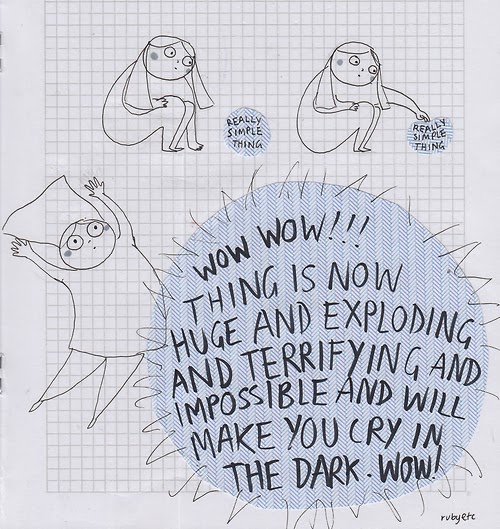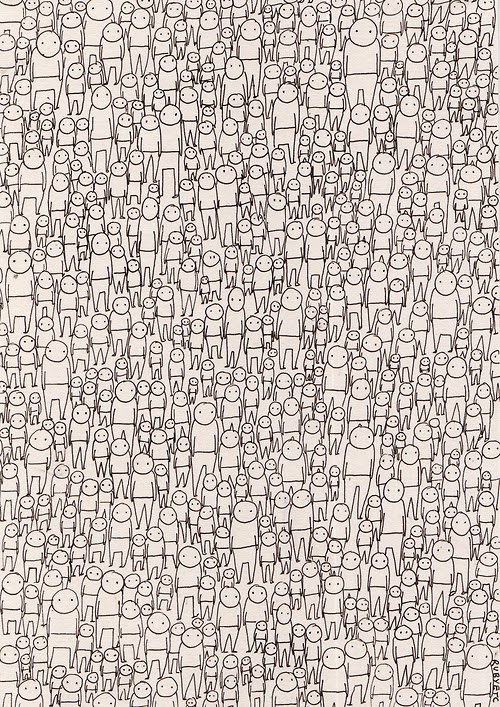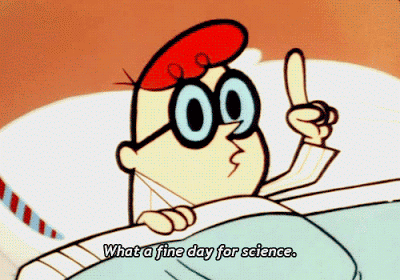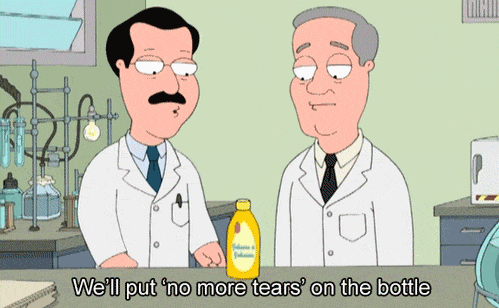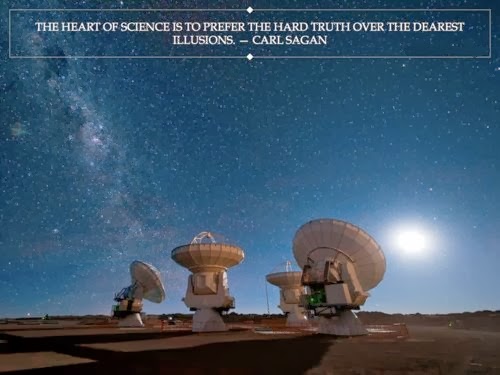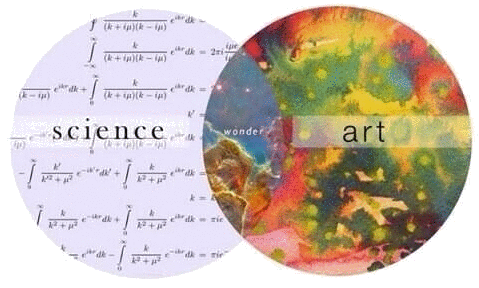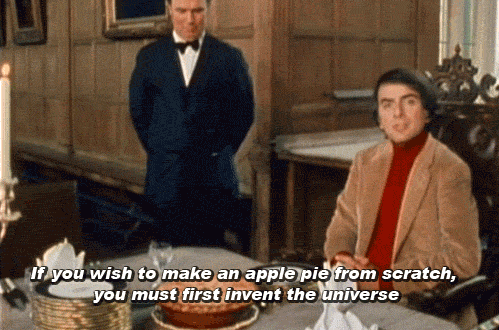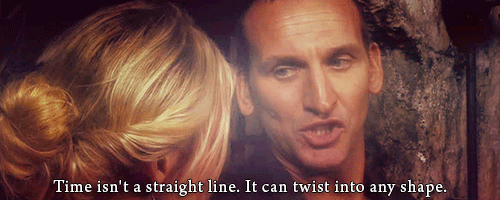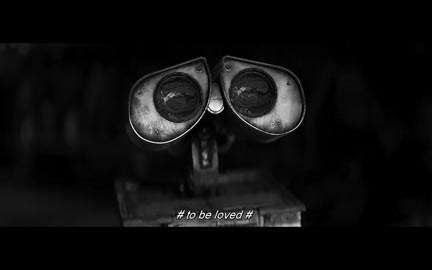
There’ve also been a rise in ‘duology and a third book’ deals. Yet these hardly seem to make a dent in an endless onslaught of YA trilogies.
ON THE COUNT OF THREE
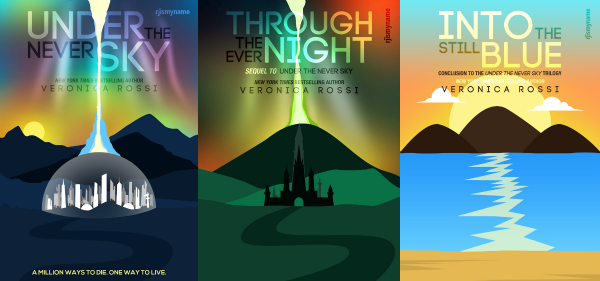 |
| Only way to YA. (Source) |
There’s always been talk of readers getting tired of trilogies that we now have a roadmap to guide us. Or at least, Asti does. We talked about duologies and trilogies on Twitter and I ended up asking her what first and third books in a trilogy entail as she wrote a blogpost on second book syndrome a while back. I get curious easily. Asti did an awesome job of coming up with these.
FIRST BOOK TRIAL
‘If you love it, great, continue series. If you don’t, no harm done, just move on.’
SECOND BOOK SYNDROME
‘Watch out for disappointment. Tread carefully. There’s no turning back now.’
THIRD BOOK REDEMPTION
‘Was the book worth it? Has your entire life been a waste? It’s all up to how that final book ends.’
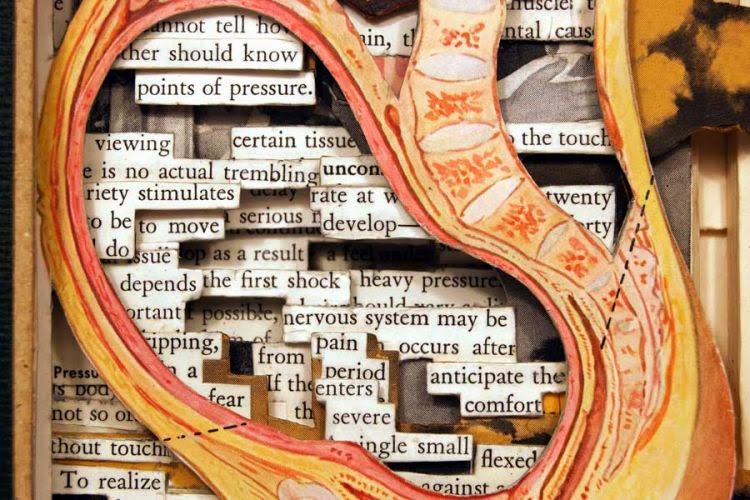 |
| You got trilogic feelings in your stomach? Totally legit. (Source) |
Simply put, excess of anything is exhausting and trilogies have been around a long time now. From the mere number of series I’ve finished, I might just get tired of going through the same steps over and over. Every now and then, we all need a break.
GOING ONE, GOING TWO
There are dualogies where we get to read both the main characters’ point of views in two different books instead of just one where they alternate. In such girl-and-boy-dualogies, there’s no need for the third book. Then there are books with sequels that fast-forward years later into a character’s life. There are also duologies which could have been awkward and really long standalones, instead.
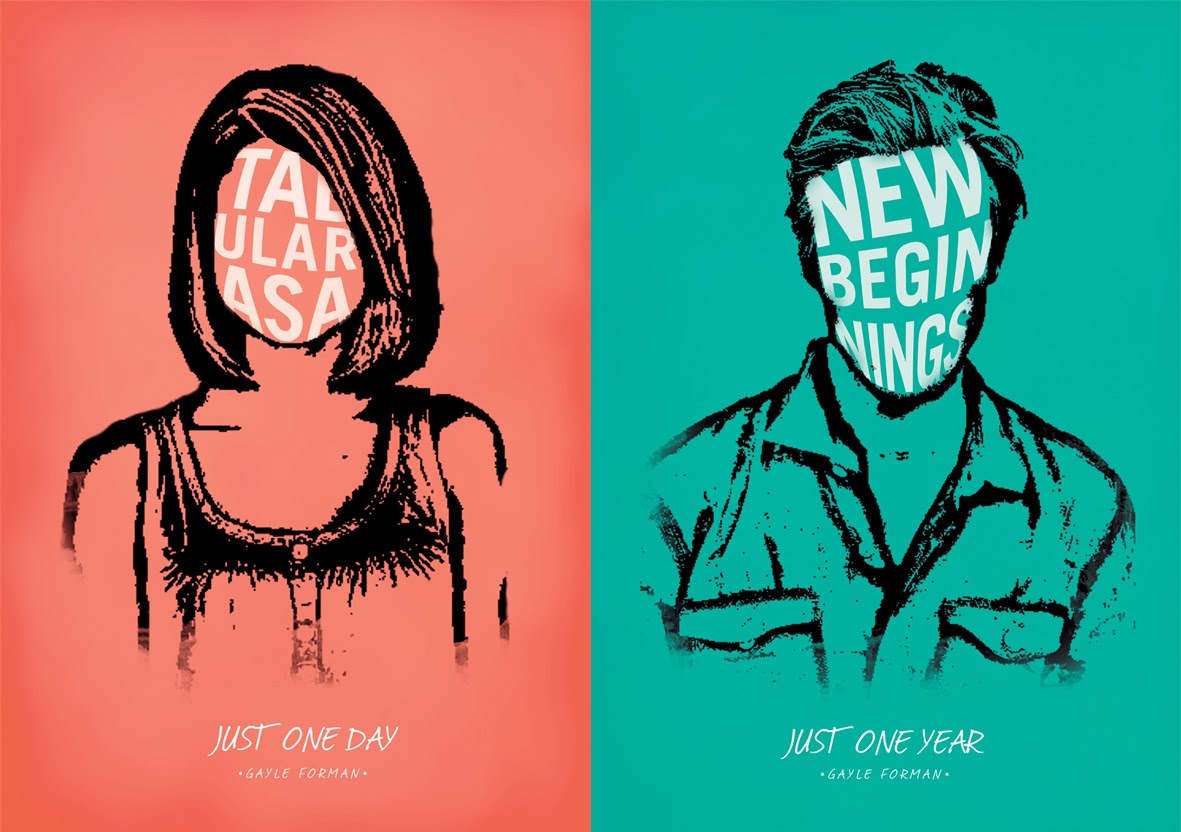 |
| Dualogies are becoming Forman’s forte. (Source) |
Despite a relatively recent surge in YA duologies, the ones that came just before 2012 were few and far between. If I Stay/Where She Went by Gayle Forman is the most popular YA duology ever.
– A Need So Beautiful and A Want So Wicked by Suzanne Young
– Clarity and Perception by Kim Harrington
– If I Stay and Where She Went by Gayle Forman
– Inside Out and Outside In by Maria V. Snyder
– Juliet Immortal and Romeo Redeemed by Stacey Jay
– Jumping Off Swings and Living with Jackie Chan by Jo Knowles
– Leaving Paradise and Return to Paradise by Simone Elkeles
– Anna Dressed in Blood and Girl of Nightmares by Kendare Blake
– Breathe and Resist by Sarah Crossan
– Dark Kiss and Wicked Kiss by Michelle Rowen
– Every Day and Rhiannon by David Levithan
– Fracture and Vengeance by Megan Miranda
– Masque of the Red Death and Dance of the Red Death by Bethany Griffin
– Pretty Crooked and Pretty Sly by Elisa Ludwig
– Seraphina and Shadow Scale by Rachel Hartman
– Silver and Gold by Talia Vance
– Slide and Imposter by Jill Hathaway
– Struck and Aftershock by Jennifer Bosworth
– The Creative Fire and The Diamond Deep by Brenda Cooper
– Arclight and Meridian by Josin L. McQuein
– All Our Yesterdays and Untitled by Cristin Terrill
– Dualed and Divided by Elsie Chapman
– Control and Catalyst by Lydia Kang
– Gated and Astray by Amy Christine Parker
– In the After and In the End by Demitria Lunetta
– Just One Day and Just One Year by Gayle Forman
– Linked and Unravel by Imogen Howson
– Mind Games and Perfect Lies by Kiersten White
– My Life Next Door and The Boy Most Likely To by Huntley Fitzpatrick
– Not a Drop to Drink and In a Handful of Dust by Mindy McGinnis
– Pivot Point and Split Second by Kasie West
– Reboot and Rebel by Amy Tintera
– Starglass and Starbreak by Phoebe North
– Starters and Enders by Lissa Price
– The Program and The Treatment by Suzanne Young
– The Rules for Disappearing and The Rules for Breaking by Ashley Elston
– The Ward and Untitled by Jordana Frankel
– Alienated and Invaded by Melissa Landers
– Avalon and Polaris by Mindee Arnett
– Blackbird and Untitled by Anna Carey
– Dark Metropolis and Untitled by Jaclyn Dolamore
– Disruption and Corruption by Jessica Shirvington
– Landry Park and Untitled by Bethany Hagen
– To All the Boys I’ve Loved Before and P.S. I Still Love You by Jenny Han
– Uninvited and Unleashed by Sophie Jordan
– White Space and The Dickens Mirror by Ilsa J. Bick
– A Darker Shade of Magic and Untitled by Victoria Schwab
– Kalahari and Untitled by Jessica Khoury
– Kissing in America and Untitled by Margo Rabb
– Passenger and Wayfarer by Alexandra Bracken
TREND AND GO.
In the end, it may seem as if duologies are pointless because why not just add a book? I’ve often wondered about this and after finishing two duologies, they didn’t seem redundant to me. However, my opinion of them is still evolving. Meanwhile, I’m ready for series that aren’t trilogies.
P.S. I’ve also made a Goodreads list for duologies and companions.

